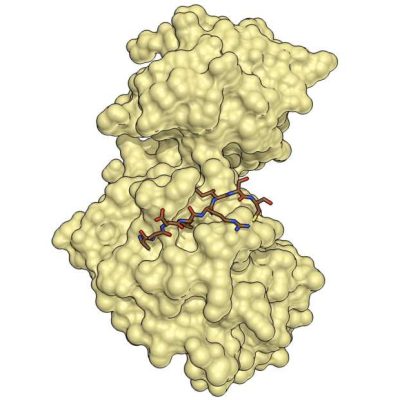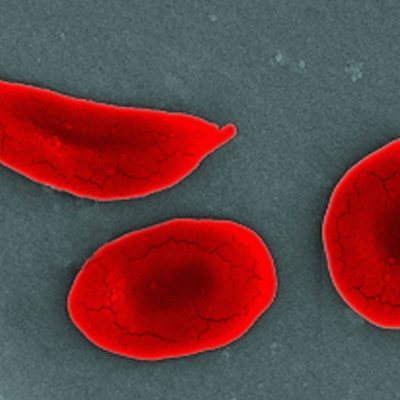Blind mole rats, which live underground, are one of the few animals on Earth that never develop cancer. Scientists have discovered that a collective cell death protects the blind mole rats from cancer. This finding could provide new approaches to cancer therapies in humans. An American research team examined blind mole rats (Spalax) and their properties that protect them from cancer. The researchers found that a collective cell death is triggered by the release of interferon, a signal molecule of the immune system, which eradicates whole cell cultures in a short time and leaves no living cells. In living blind mole rats, this collective cell death ensures that degenerated cells (cancer, tumors, etc.) are completely eliminated in the early stages, preventing cancer from developing.
Blind mole rats are ideally adapted to their living conditions, with large incisors for digging underground tunnels and the ability to breathe in oxygen-poor air. They are also very long-lived, with a lifespan of up to 21 years. In addition to these remarkable characteristics, the body’s protection mechanism against cancer is the most interesting phenomenon for science. The researchers have studied thousands of blind mole rats over a period of more than 40 years, and not a single one has developed a tumor during this time. In contrast, around 90 percent of normal mice developed cancer. The scientists hope that their discovery of the blind mole rat’s secret will lead to new cancer therapies in humans.
To conduct their research, the scientists took connective tissue from the lungs and skin of numerous blind mole rats and cultivated the fibroblasts on nutrient media. They then exposed the cells to cancer-causing chemicals. The blind mole rat cells multiplied rapidly for 7 to 20 days before abruptly stopping growth and dying off completely in a short time. The researchers found that the cells released interferon just before dying, and when they gave this signal molecule to young and healthy cell cultures, the same complete cell death occurred. This reaction is likely due to a specific gene that regulates apoptosis, the programmed cell death, in mammals. In blind mole rats, this mechanism ensures that cells and entire cell groups that grow too strongly and uncontrollably are eliminated.
In conclusion, the discovery of the blind mole rat’s unique protection mechanism against cancer could provide new insights into cancer therapies in humans. The collective cell death triggered by interferon could be a promising approach to eradicating cancer cells in the early stages of the disease.










